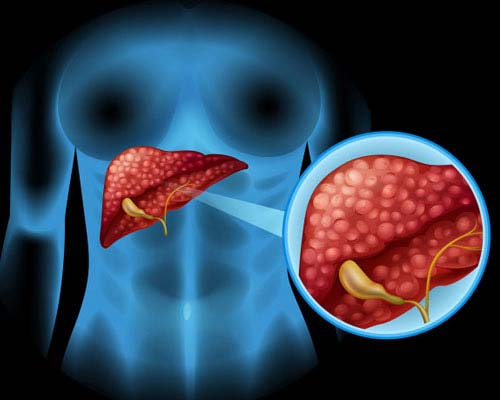An oncology nutritionist, also known as a cancer nutritionist, is a specialized healthcare professional who provides nutritional support to cancer patients. They work as part of a multidisciplinary team of healthcare professionals to provide personalized nutrition care plans that address the unique needs and challenges of each patient.
Oncology nutritionist play a critical role in the treatment and management of cancer. They work closely with oncologists, radiation oncologists, and other healthcare providers to develop nutrition plans that support the patient’s overall cancer treatment plan. Here are some of the ways that oncology nutritionist can help patients:
- Managing Nutritional Needs – Cancer and cancer treatments can affect a patient’s nutritional status, resulting in nutrient deficiencies or excesses. Oncology nutritionist assess the patient’s nutritional status and develop personalized nutrition care plans that address their specific nutritional needs. This may include recommendations for foods and supplements that can help prevent or treat malnutrition, weight loss, or other nutrition-related complications.
- Addressing Side Effects – Cancer treatments can cause a range of side effects that impact a patient’s ability to eat and maintain a healthy diet. These may include nausea, vomiting, diarrhea, constipation, taste changes, and appetite loss. Oncology nutritionist work with patients to develop strategies for managing these side effects, such as recommending small, frequent meals or foods that are easy to tolerate.
- Supporting Immune Function – Cancer treatments can weaken the immune system, leaving patients more susceptible to infections. Oncology nutritionist provide recommendations for foods and supplements that can support immune function, such as those that are high in antioxidants, vitamins, and minerals.
- Promoting Weight Management – Maintaining a healthy weight is important for cancer patients, as both weight loss and weight gain can impact the effectiveness of cancer treatments and the patient’s overall health. Oncology nutritionist provide recommendations for managing weight through nutritionist modifications, such as increasing or decreasing calorie intake and making healthy food choices.
- Improving Quality of Life – Cancer and its treatments can cause significant physical and emotional stress, impacting a patient’s quality of life. Oncology nutritionist work with patients to develop strategies for managing stress and improving quality of life through nutritionist modifications, such as recommending foods that promote relaxation and reduce stress.
Oncology nutritionist work in a variety of settings, including hospitals, cancer centers, and private practices. They are typically registered nutritionist who have received specialized training in oncology nutrition. In addition to providing individualized nutrition plans, they may also provide education and support to patients and their families, helping them understand the role of nutrition in cancer care and how to make healthy food choices.
If you are a cancer patient, it is important to speak with an oncology nutritionist to receive personalized nutrition recommendations that can help you manage symptoms, maintain strength, and improve quality of life. Your oncologist or healthcare provider can refer you to an oncology nutritionist, or you can search for one on your own. When choosing an oncology nutritionist, look for someone who has experience working with cancer patients and who is compassionate and supportive.
In conclusion, oncology nutritionist play a critical role in the treatment and management of cancer. They provide personalized nutrition care plans that address the unique needs and challenges of each patient, including managing nutritional needs, addressing side effects, supporting immune function, promoting weight management, and improving quality of life. If you are a cancer patient, it is important to speak with an oncology nutritionist to receive personalized nutrition recommendations that can help you manage your symptoms and improve your overall health and wellbeing.
